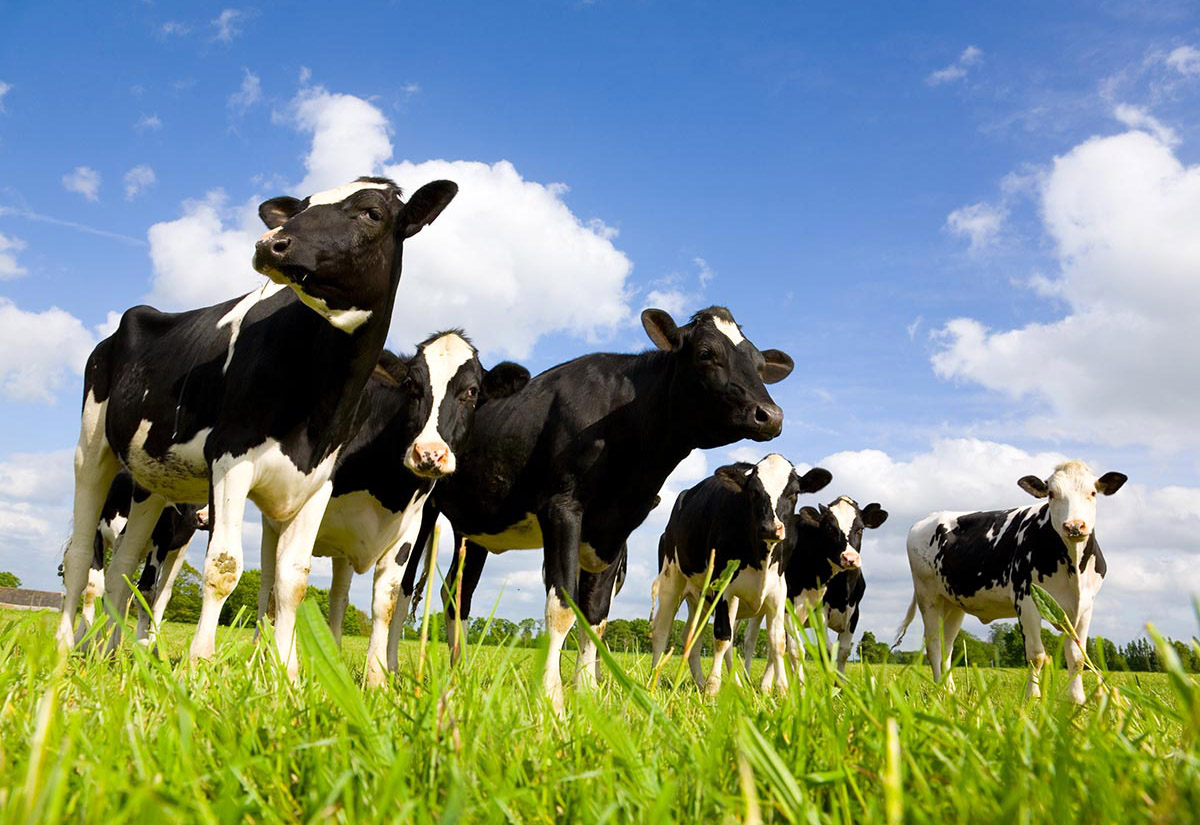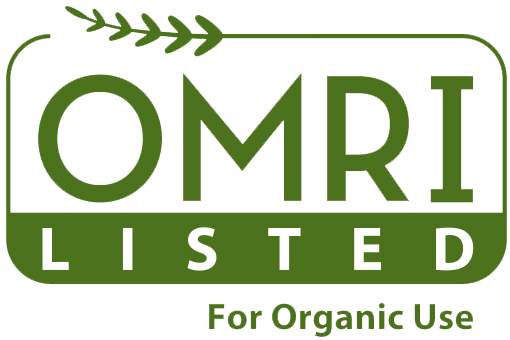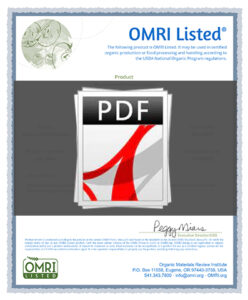-
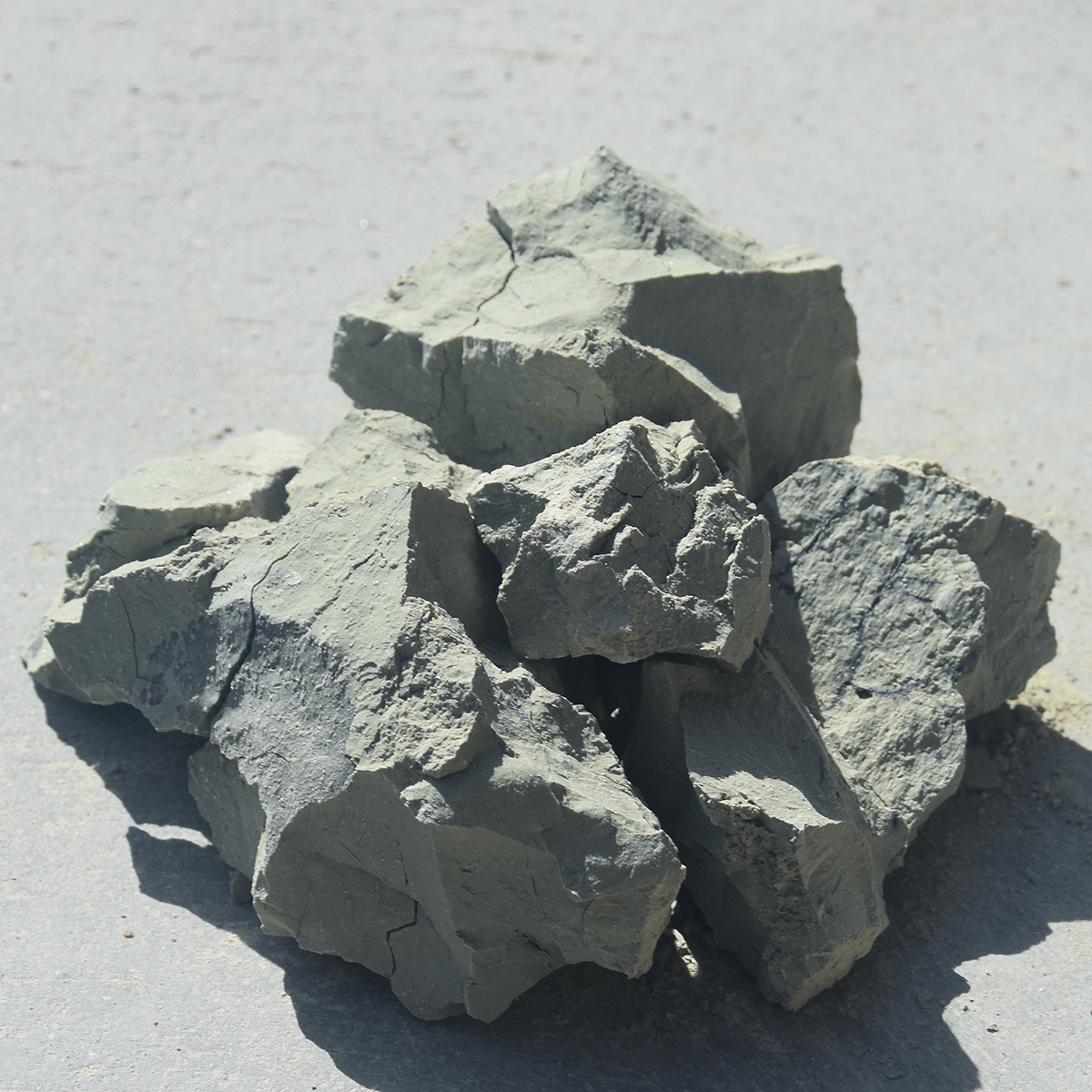 Bentonite
BentoniteCreated from volcanic ash, bentonite is a conglomerate of aluminum phyllosilicate smectite with a low negative charge that attracts impurities and toxins.
-
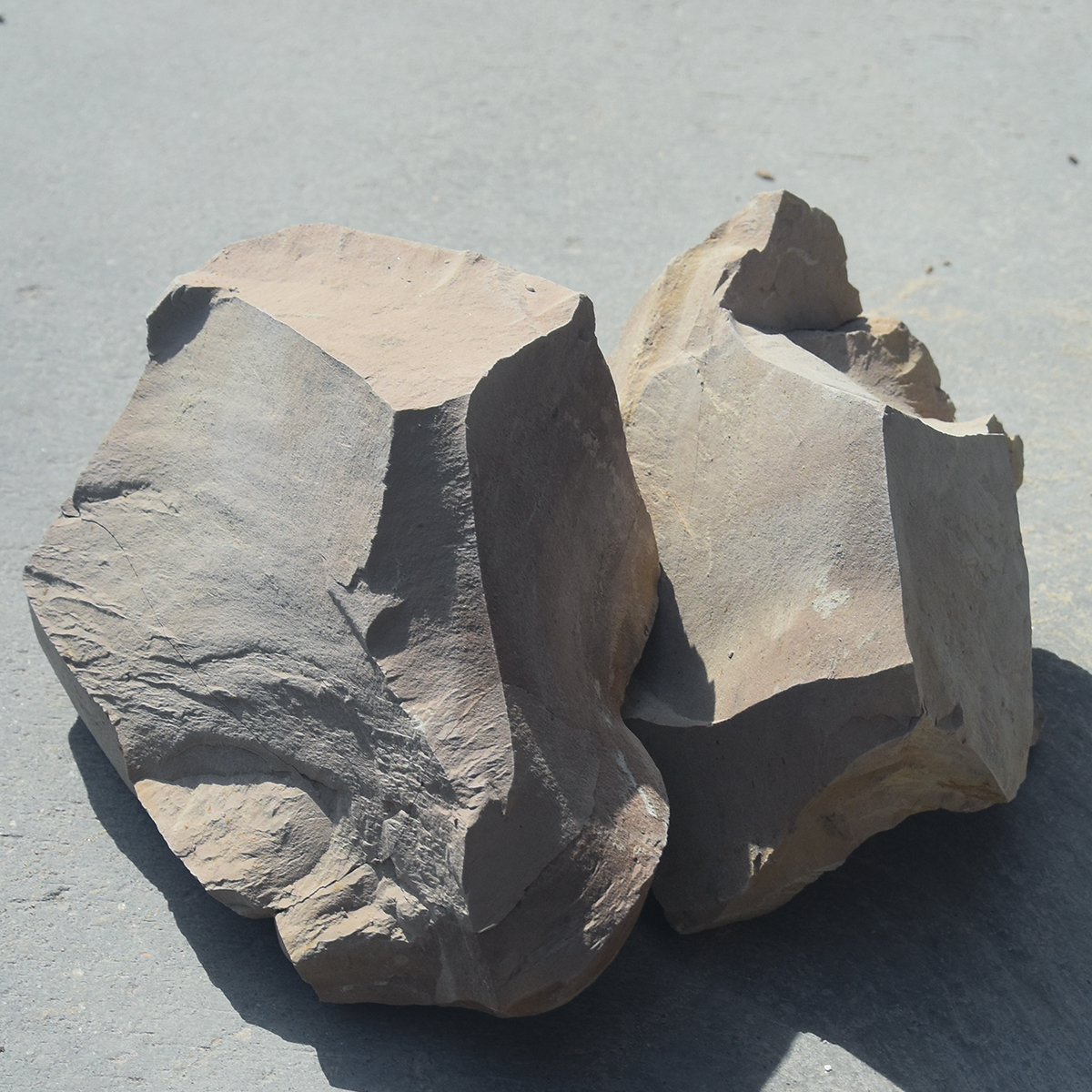 Montmorillonite
MontmorilloniteA hydrous phyllosilicate smectite formed million of years ago with a high mineral content and cation exchange capacity to bind to heavy metals
-
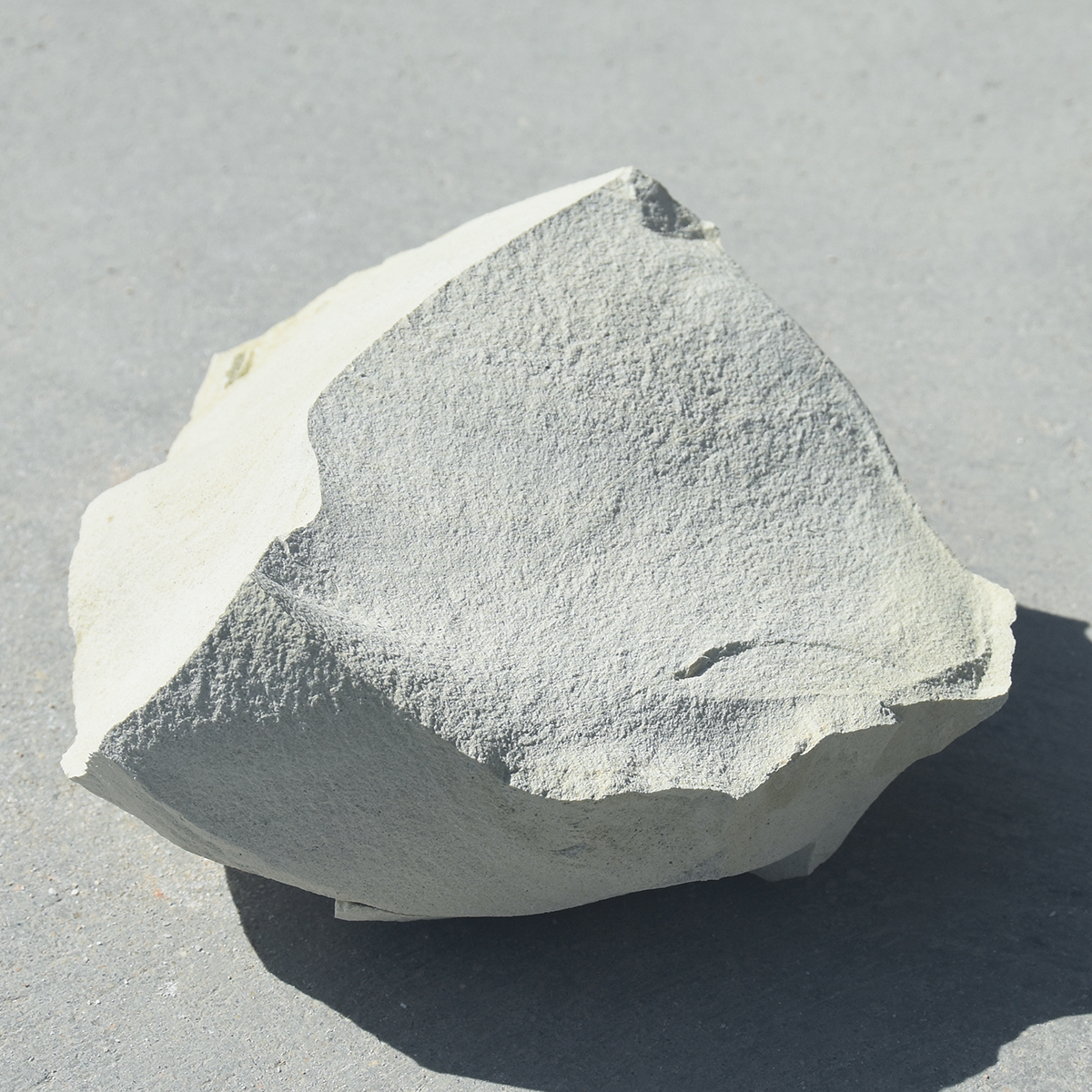 Zeolite
ZeoliteMicroporous in structure, these aluminosilicate minerals are most commonly used as adsorbents and catalysts
-
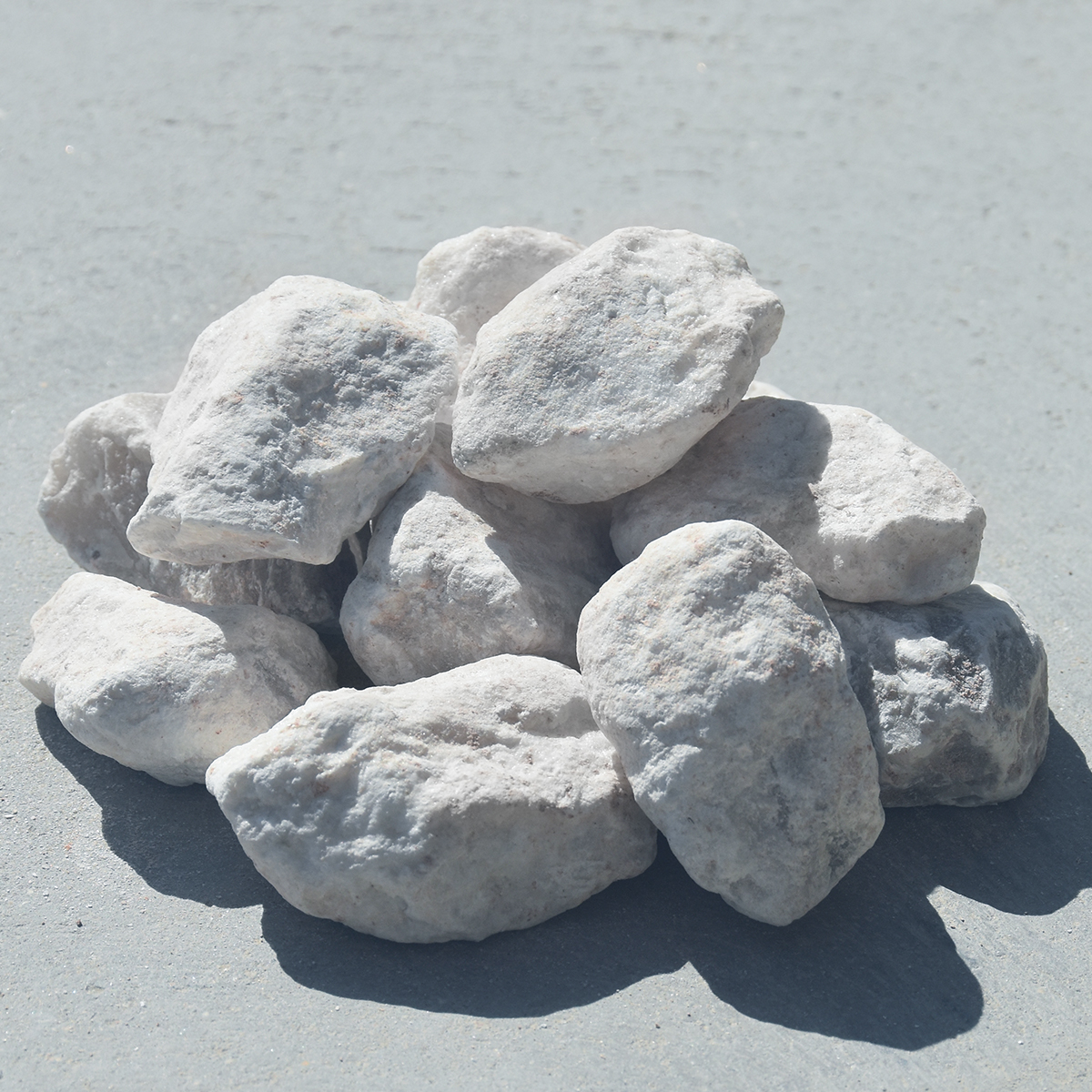 Gypsum
GypsumComposed of mostly calcium sulfate dihydrate, gypsum is a great fertilizer, soil conditioner, and a significant component of plaster, chalk, and drywall.



